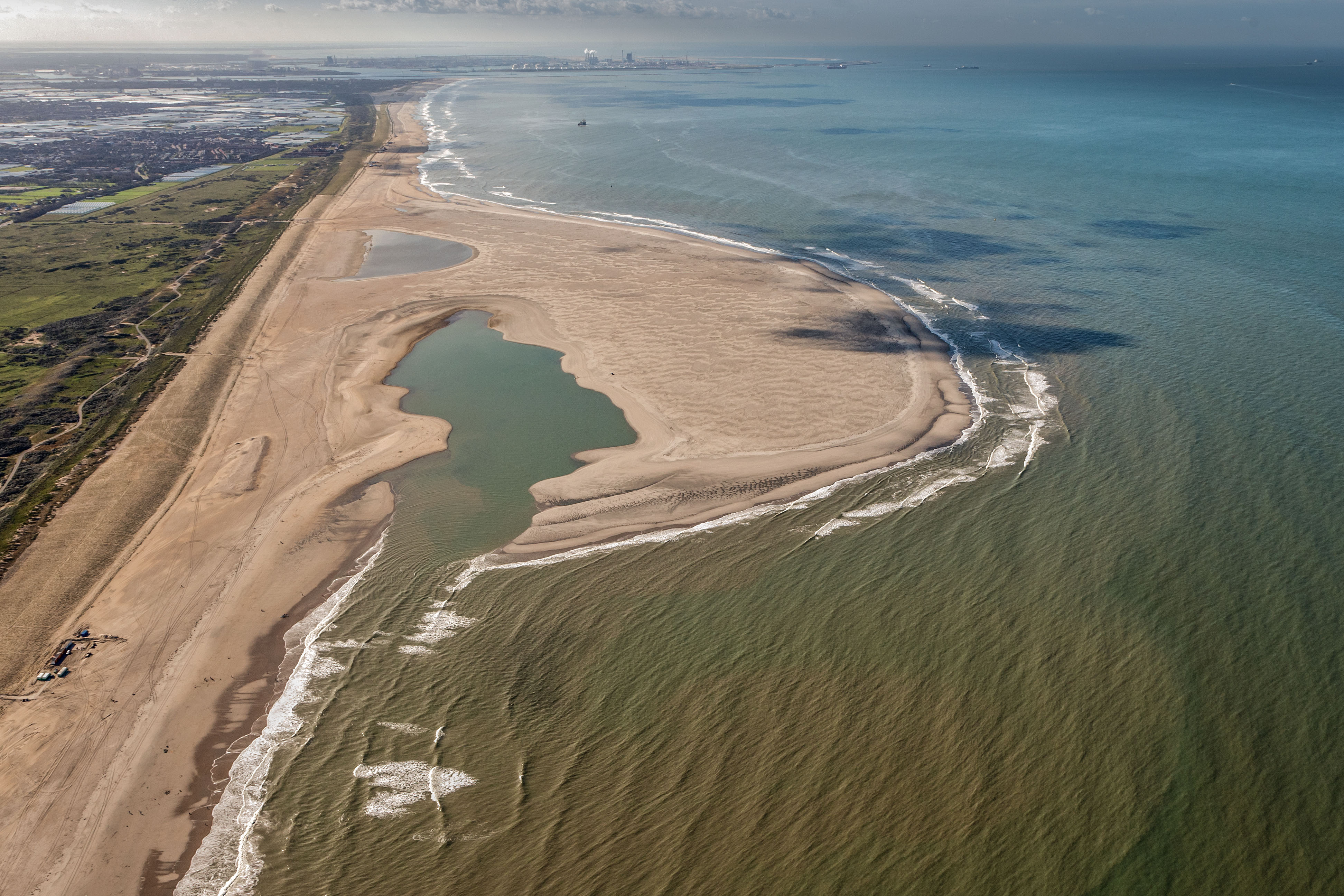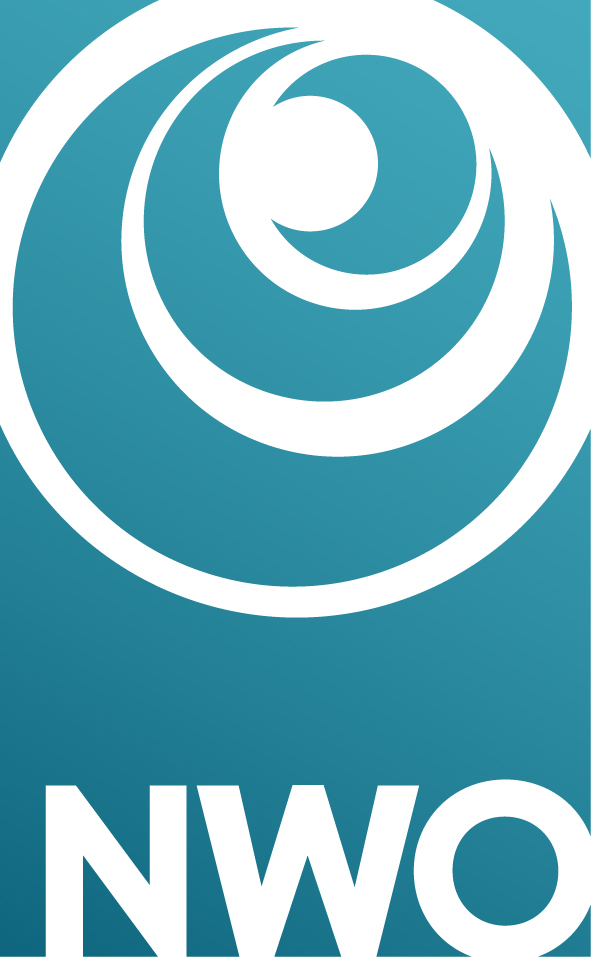ShoreScape
Sustainable co-evolution of the natural and built environment along sandy shores
The land-sea interface is a very attractive location for humans to settle. In the case of low lying, sedimentary coastlines this can be a risky location, as these shorelines are inherently dynamic in nature. Accelerating rates of relative sea level rise will increase coastal erosion, creating world-wide growing demands for coastal protection along urbanized shores. Central notion to this project is that the key to sustainably adapt to this situation is to be found in smart, pro-active sediment management using ‘building-with-nature’ (BwN) approaches, rather than in traditional reactive approaches involving expansion of static, hard coastal defense structures.
However, an element that has been overlooked so far in current BwN approaches, is the interaction with the built environment at the land-sea interface, creating new conditions for both sediment dynamics and settlement. Leaving this interaction unnoticed, these elements may be affecting each other adversely. A better understanding of their interaction offers the potential to create new ‘coastal buffer zones’ combining flood defense, urban development, and spatial quality.
This project aims to develop knowledge, tools and design principles for dynamic occupation of the land-sea interface, to enhance BwN-processes and exploit its potential for the spatial development of multi-functional coastal environments – shorescapes. The sandy, dune-aligned west coast of the Netherlands is employed as a Living Lab to study interaction of aeolian sediment flows and building-configurations in the beach-dune environment and develop design principles to support these dynamics in order to contribute to the natural adaptation and sustainable development of urban sandy shores.
Facts
| Funder: | NWO |
| Programme: | Top Sector Water |
| Overall budget: | € 700.000 |
| Grant amount: | € 700.000 Contribution to TU Delft: € 350.000 |
| Grant number: | ALWTW.2016.038 |
| Role TU Delft: | Lead partner |
| Project duration: | April 2017 - April 2022 |
| TU Delft researchers: | Dr. Steffen Nijhuis Ir. Janneke van Bergen |
Project partners
University of Twente

